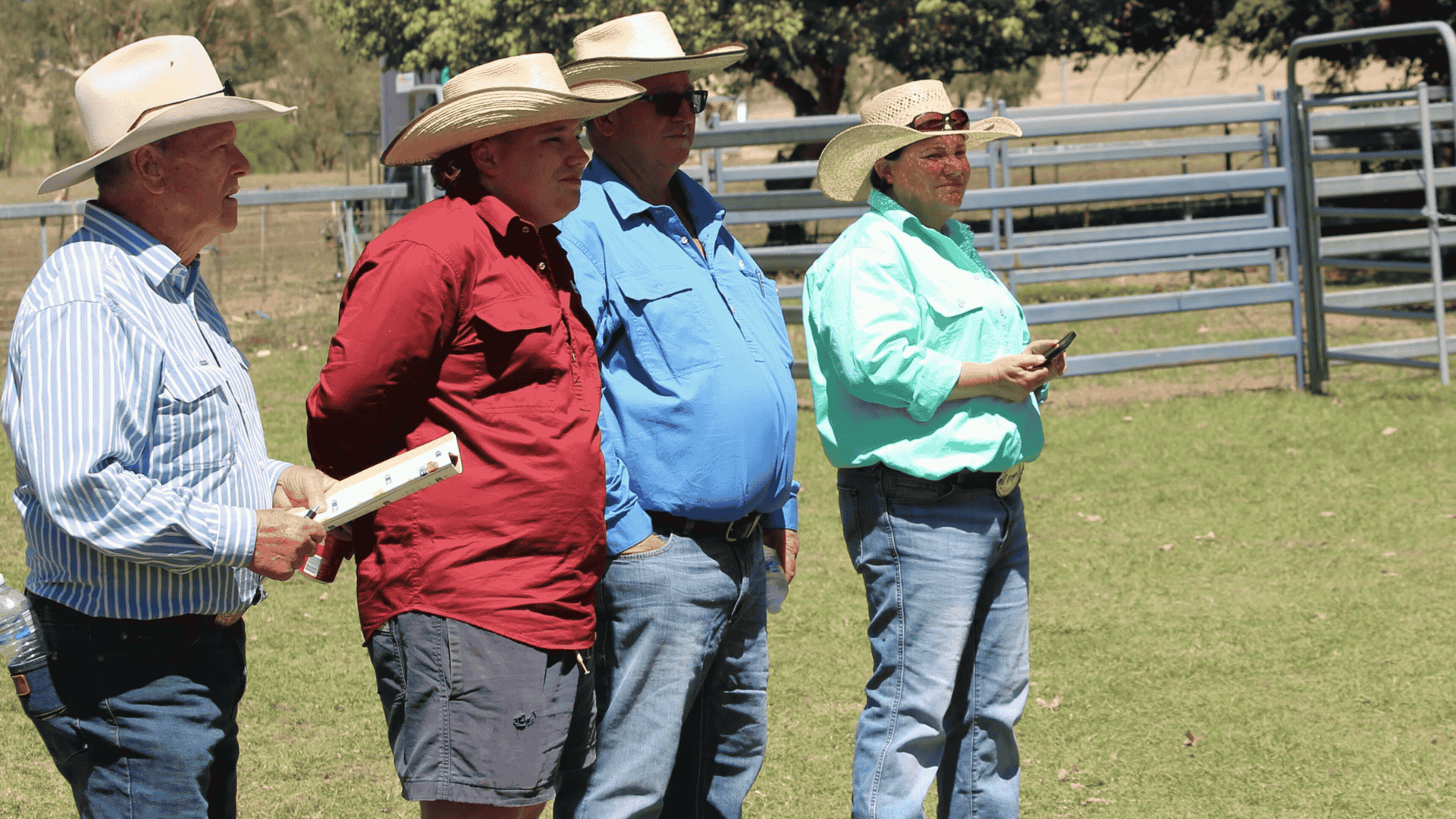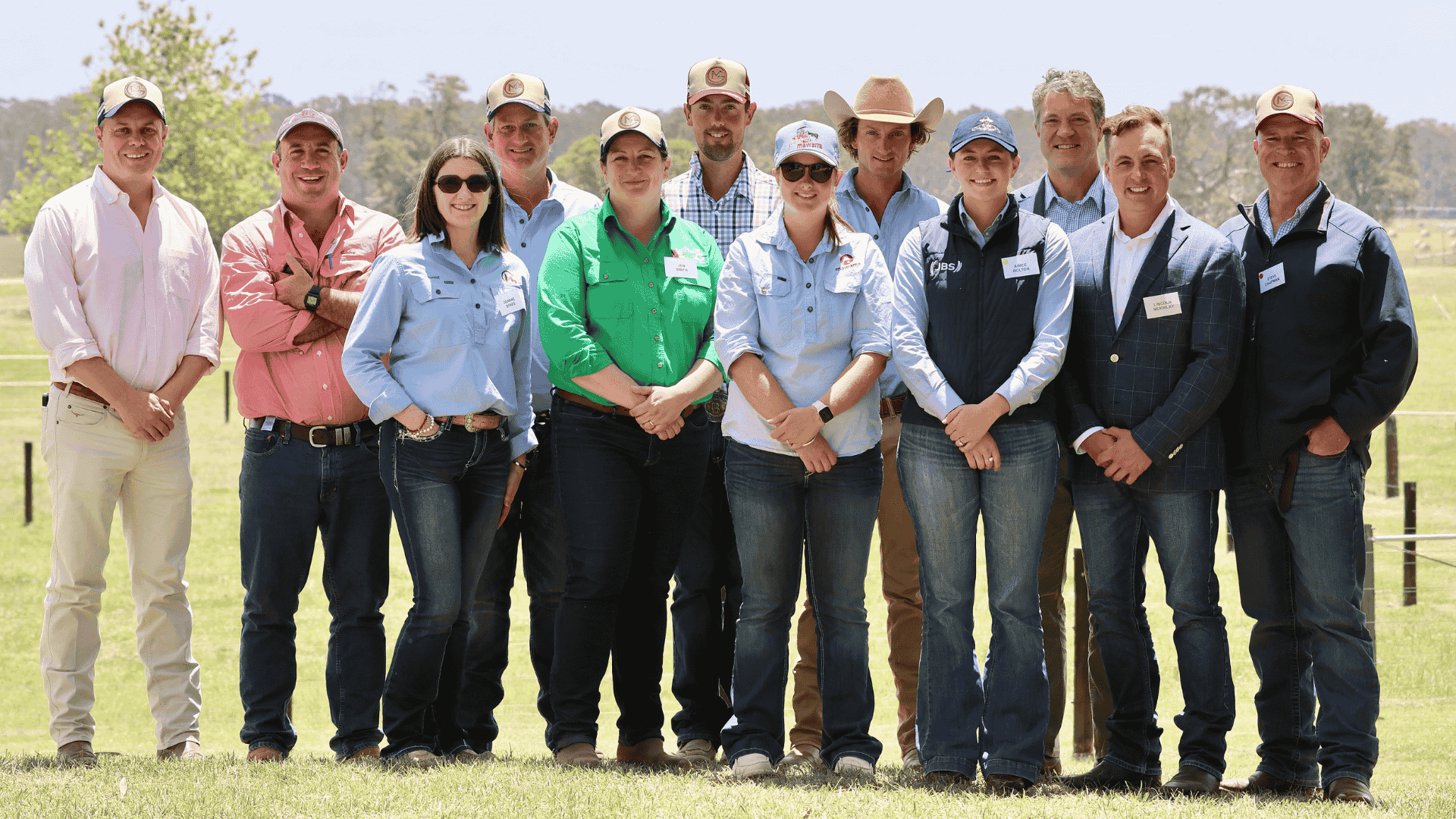New locations sought for Aussie beef due to China levy
Around 800 million burgers worth of Australian beef may need to be diverted into alternative markets, as China enforces import quotas limiting the...

NSW Premier Chris Minns addressed a sold-out Farm Writers' lunch in Sydney, reflecting on the state's $20 billion agricultural sector and its role in shaping NSW's economic future.
He outlined his vision for an agriculture industry driven by the skill and optimism of producers, while stressing the importance of reducing red tape to ensure farmers can continue their work.
While speaking on the topical subject of tariffs, Mr Minns alerted to the importance exports have in Australia. More specifically, he said that as the state's exports transition away from coal and toward primary industries, "there will be no strong NSW without a strong agriculture sector".
In conversation with The Land's editor, Samantha Townsend, Mr Minns said he aimed to get the 'basics' right for regional communities: good roads, hospitals, and schools.
"If we do the basics right, I've got no doubt that with the level of skill and optimism in regional communities, they can take off," he said.
"We (the government) can stop it, though, and sometimes the best thing for the New South Wales government to do is to release red tape—some of the real barriers to economic growth in regional communities,” Mr Minns said.
He also addressed the issue of tariffs and their potential impact on NSW agriculture, and believes free trade is "the epicentre of ensuring that we have low barriers to entry, low tariffs, low quotas or no quotas," reinforcing that NSW is prepared to compete on the global stage.
He addressed the importance of the produce and primary industries, with the current $20billion annual farmgate output including "10 million tonnes of wheat, 990 million litres of milk, 6 million head of beef cattle, 26 million head of sheep shorn, and the largest wool growing state in Australia, 60% of Australia's oranges, 80% of the national blueberry crop."
"By any measure. It's a it's an economic powerhouse," according to Mr Minns.
"It's been basically the bedrock of the agricultural industry in the state, and we always need to campaign for a world of free and open, mutually beneficial trade," he said.
"Australia doesn't place tariffs on the United States, and in return, we quite rightly should send an unambiguous message from the political leaders across the spectrum in Australia that we rightly expect no tariffs on our goods, too."
Mr Minns acknowledged that young people would be among the hardest hit by tariffs, as they could stifle innovation and entrepreneurship with popular markets such as the US.
“With very few exceptions, tariffs are a recipe for lower growth, higher inflation, and, perhaps more importantly, missed opportunities. Young people on the land who might be entrepreneurial—who can spot an opportunity or a marketplace that no one else has jumped into yet—lose out. Tariffs spoil that opportunity," he said.
"And the truth is that the idea of a connected world with low tariffs is under sustained attack.
"I think it's on all of us to keep making the case, both publicly and privately in Australia and when we travel abroad, that we are open for business, that we support commerce, and that we want open trade."
He acknowledged ambitious industry targets, saying, “I know that there are some sizable plans for this industry to reach $30 billion by 2030, and it's a big dream. But I think it's also important to dream big in these emerging export-led industries.
"Here in New South Wales—and a lot of people don't know this—our largest export item last year, the year before that, and the year before that was coal. We still have markets for coal, and those buyers will continue to purchase it in the years ahead," he said.
"However, every single one of the countries buying NSW coal has indicated they will purchase less of it in the future.
"To have a $30, $40, or $50 billion export hole in our economy down the line means we need industries of similar scale looking for new markets worldwide. That way, we can maintain our standard of living, seize new opportunities for the state, and plan for the future."
Farm Writers' Association of NSW president Ben Waters said the event was the largest on record.
.png)
Around 800 million burgers worth of Australian beef may need to be diverted into alternative markets, as China enforces import quotas limiting the...

It was 3.30pm, the hottest part of January 9, when an out of control bushfire, powered by its own microclimate, came roaring out of the state forest...

At Mawarra Genetics, Peter and Deanne Sykes are focused on stepping back from short-term noise and focusing on what actually drives long-term,...